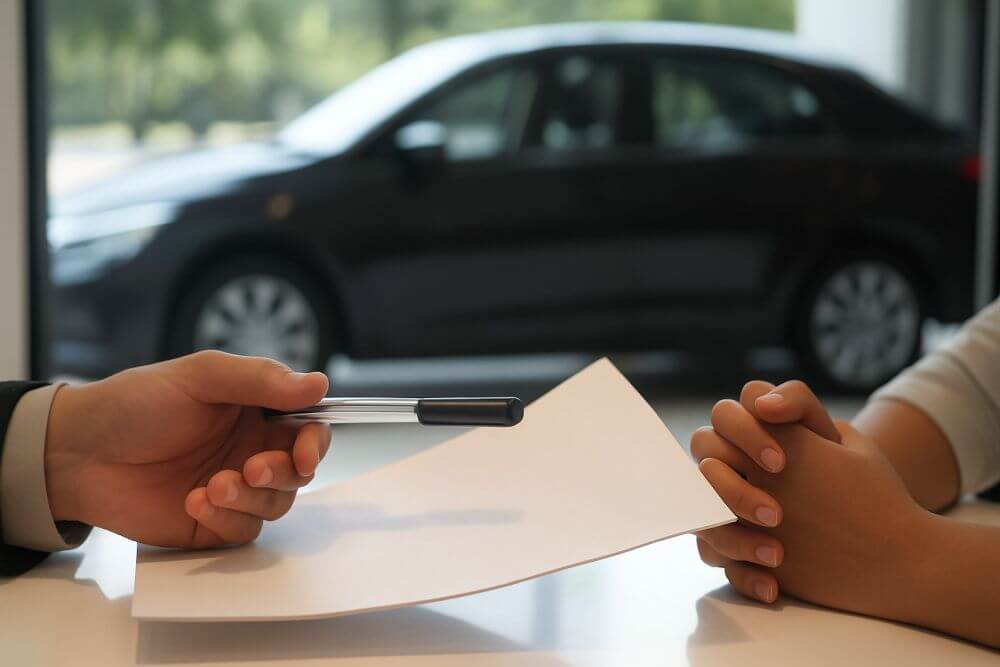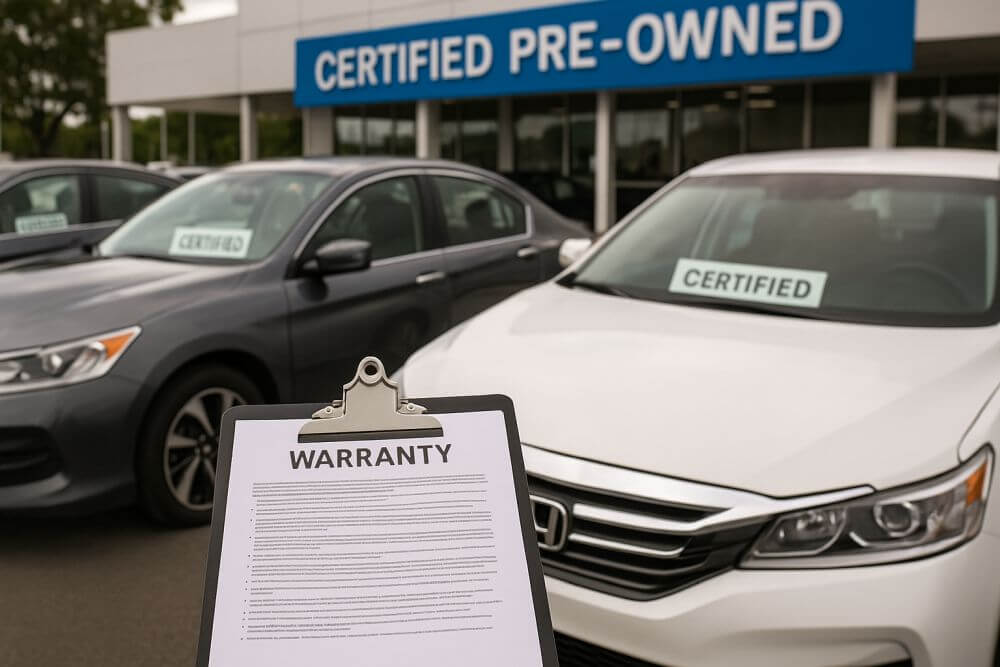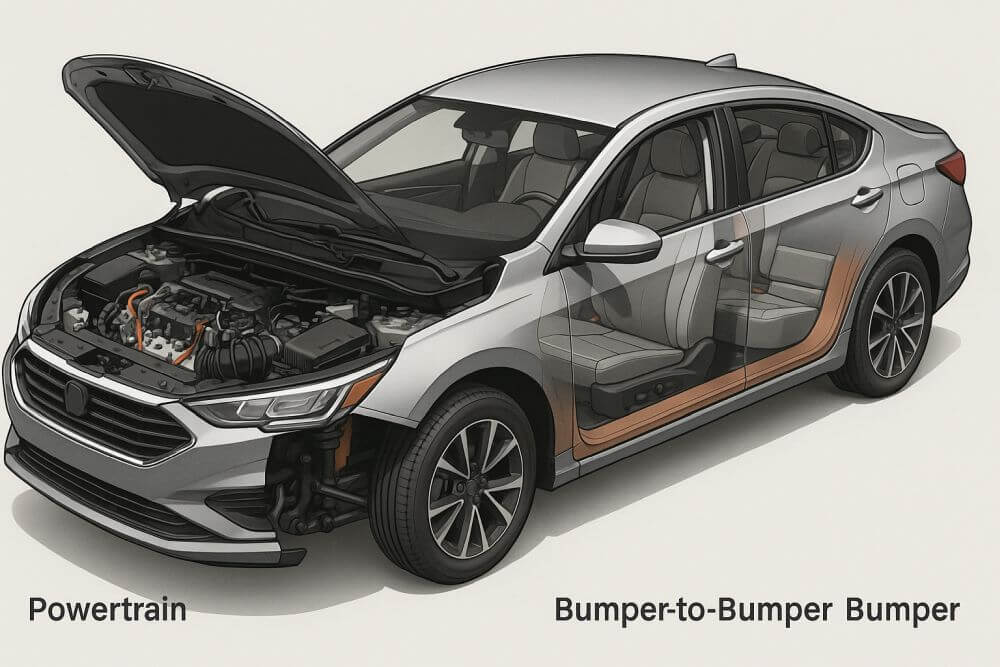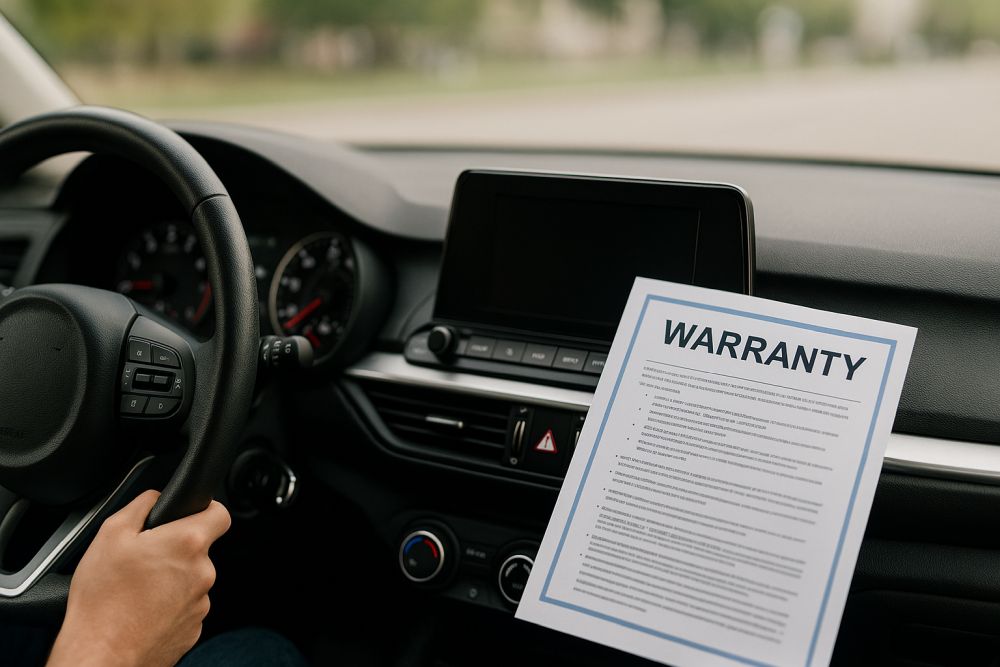When buying a used car in Illinois, one of the most critical steps is checking for existing liens. A lien indicates that a creditor, usually a bank or financial institution, still has a legal claim on the vehicle because of unpaid debt from a previous owner. If you buy a car with an undisclosed lien, you could be held responsible for that debt — or worse, risk losing the vehicle altogether.

Whether you’re purchasing from a private seller or even a smaller dealership, verifying lien status helpls ensure a smooth and secure transaction. Below, we’ll break down what liens are, why they matter, and how to check for them effectively in Illinois.
What Is a Lien on a Car?
A lien is a legal right or claim against a vehicle used as collateral for a loan. When someone buys a car with financing, the lender places a lien on the vehicle title until the loan is fully repaid. Once the debt is cleared, the lien is removed, and the owner receives a clean title.
However, if the seller fails to pay off their loan before selling, the lien remains attached to the vehicle. This means the lender still has a legal right to repossess the car, even after you purchase it.
Why It’s Important to Check for Liens
Buying a car with a hidden lien can result in serious financial and legal issues, including:
- Repossession risk: The lender can legally reclaim the car from you.
- Unexpected costs: You may have to pay off the remaining balance to clear the lien.
- Title transfer delays: You cannot obtain a clean title in your name until the lien is resolved.
Checking for liens ensures that you receive a clear title and full ownership without unexpected surprises down the road.
How to Check for Liens on a Used Car in Illinois
Step 1: Ask the Seller for the Title
The first step is always to request to see the physical title. In Illinois, a clear (or “clean”) title will not list any lienholders. If there is a lien, it will be noted on the title document.
Verify that:
- The seller’s name matches the title exactly.
- There are no lienholder sections filled out, or if they are, confirm they are properly released (signed and stamped).
Step 2: Request a Lien Release Document
If the title lists a lien but the loan has been paid off, ask the seller for a lien release letter from the lender. This document officially confirms that the debt has been settled and the lien has been removed.
The release should include:
- The lender’s official letterhead or stamp
- Vehicle details, including VIN
- Confirmation that the balance has been paid in full
- Authorized signature
Step 3: Conduct an Illinois Vehicle Title and Registration Inquiry
The Illinois Secretary of State offers an official Vehicle Title and Registration Status Inquiry service. By entering the vehicle’s VIN or title number, you can verify:
- Current title status
- Lienholder information, if applicable
- Registration details
Visit the Illinois Secretary of State’s official website to access this tool. Note that you may need to pay a small fee for a formal title record.
Step 4: Use a VIN Check or Vehicle History Report
Running a VIN check or purchasing a vehicle history report from a reputable provider can help confirm whether the car has any outstanding liens. These reports also reveal:
- Accident and damage history
- Title branding (e.g., salvage, rebuilt)
- Odometer discrepancies
- Past ownership records
Using a free or paid VIN check service, like VinCheckPro, provides additional peace of mind and can uncover other potential red flags that may not be immediately obvious.
Step 5: Contact the Lender Directly (If Necessary)
If you suspect there may be a lien or want to double-check, contact the lienholder listed on the title directly. They can confirm whether the lien has been released or if there is an outstanding balance.
Additional Tips When Buying a Used Car in Illinois
- Always avoid paying in full until you’ve confirmed the lien status and title details.
- Beware of sellers who refuse to show you the title or rush the transaction.
- Consider completing the sale at your local Secretary of State facility to ensure the title is properly transferred and any liens are cleared on the spot.
Final Thoughts
Checking for liens is a vital step in the used car buying process in Illinois. It protects you from financial liability, ensures you receive a clean title, and gives you confidence in your purchase. Always verify the title, request lien release documents, and use official state tools and VIN checks to confirm the vehicle’s history.
Before making any final decision, consider running a free VIN check with VinCheckPro to uncover detailed vehicle information and potential issues. Taking these extra steps can save you significant trouble and expense in the long run, helping you enjoy your new (to you) vehicle with peace of mind.
Frequently Asked Questions (FAQ)
What is a lien on a car?
A lien on a car is a legal claim by a lender or creditor against the vehicle due to an unpaid debt. It gives the lienholder the right to repossess the car if the debt is not settled.
How can I find out if a used car in Illinois has a lien?
You can find out if a used car in Illinois has a lien by conducting a VIN check through online services or contacting the Illinois Secretary of State’s office for lien information.
Why is it important to check for liens before buying a used car?
Checking for liens is important to ensure you do not inherit any financial obligations or risk losing the car if there is an unpaid debt attached to it. It helps guarantee a clean title.
Can a car be sold if it has a lien?
Yes, a car can be sold with a lien, but the debt must be settled before the title can be transferred to the new owner. It’s crucial to ensure the lien is resolved to avoid legal issues.
What should I do if I find a lien on a car I want to buy?
If you find a lien on a car you want to buy, negotiate with the seller to have the lien settled before you proceed with the purchase. Obtain written confirmation that the lien is cleared.


